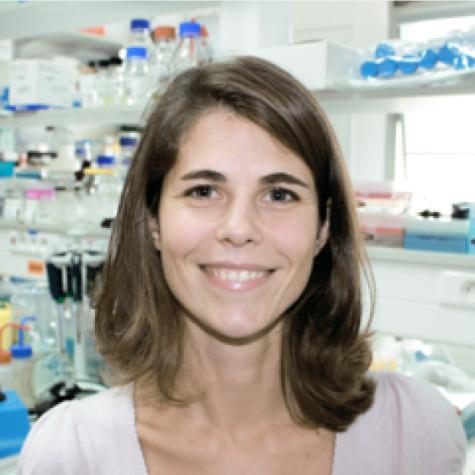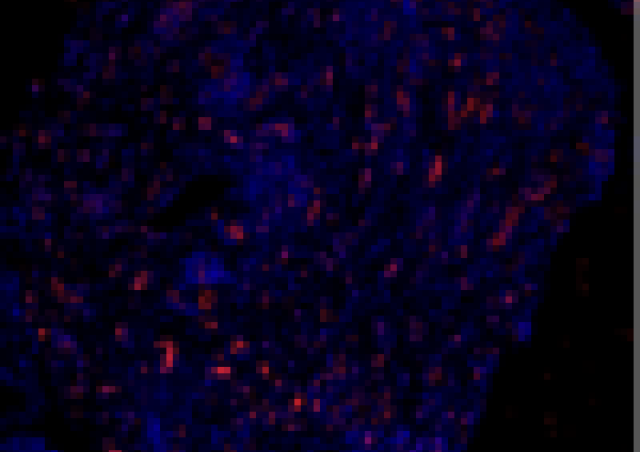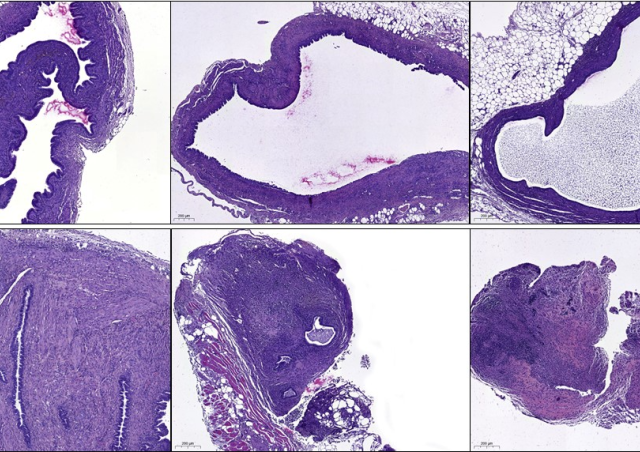Systemic sclerosis is a rare autoimmune systemic disease affecting mainly women’s and the most severe disease among chronic inflammatory rheumatics disorders. This disease affects conjunctive tissue and lead to skin and internal organs fibrosis generating increased mortality and morbidity due to cardio-pulmonary complications. Although systemic sclerosis pathogenesis is not fully resolved, its development is based on genetic factors susceptibilities and environmental factors. Interactions between microvascular damages and dysregulation of innate/adaptive immune response promote mesenchymal cells activation and thus systemic fibrosis. Our team is engaged since a long time in the deciphering of the pathogenesis of this complex disease.
Project members
Project
Our strategies include genetic susceptibility, polarization of innate and adaptative immune responses, role of reactive oxygen species in the interplay between various systems, epigenetic marks contributing to fibroblast dysfunction and chronic inflammation, with the ultimate goal to develop biomarkers and new therapies. We have established a huge databank of DNA, mRNA, serum, plasma, tissues and cells to perform translational research. Moreover, we have established a pre-clinical platform of SSc related and complementary animal models to investigate in vivo any relevant candidate as a potential treatment. We are working thanks to the expertise and recruitment at Cochin University Hospital.
We are also studying the impact of changes in the gut microbiota on the phenotype of this disease. We believe that innate immunity and macrophage training play a key role in the pathogenesis of SSc. The worsening of the disease could be caused by inappropriate entrained immunity of macrophages, induced by a form of dysbiosis. Our main objective is to decipher the links between diet, microbiota and trained immunity in the context of SSc. This new study should provide fundamental information on the immune impact of diet and environment on the gut and lung microbiota in SSc. Our results could allow the development of alternative therapeutic tools targeting the diet and the microbiota, thus constituting a less invasive therapy than the immunosuppressive drugs used today.


















